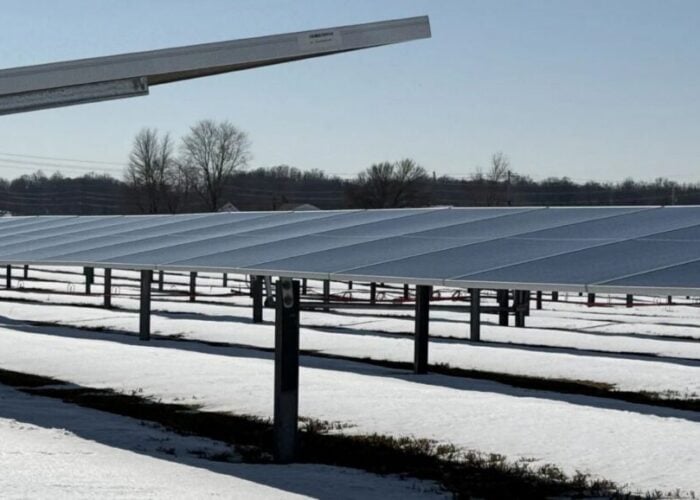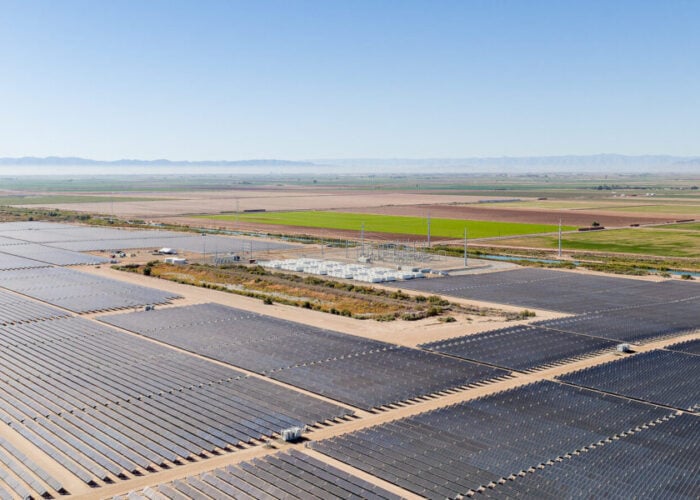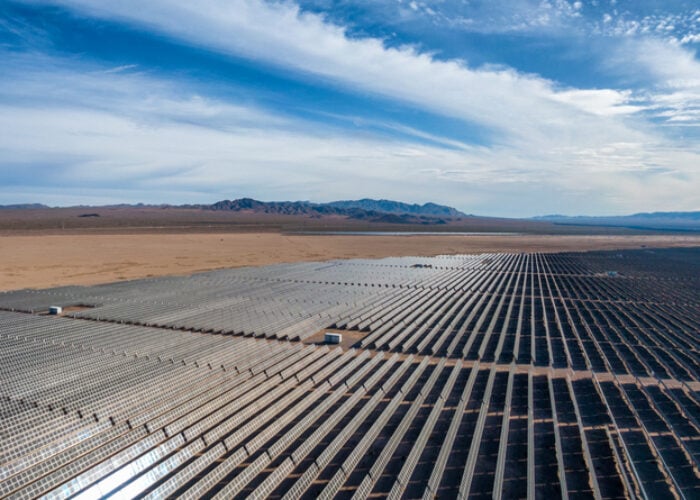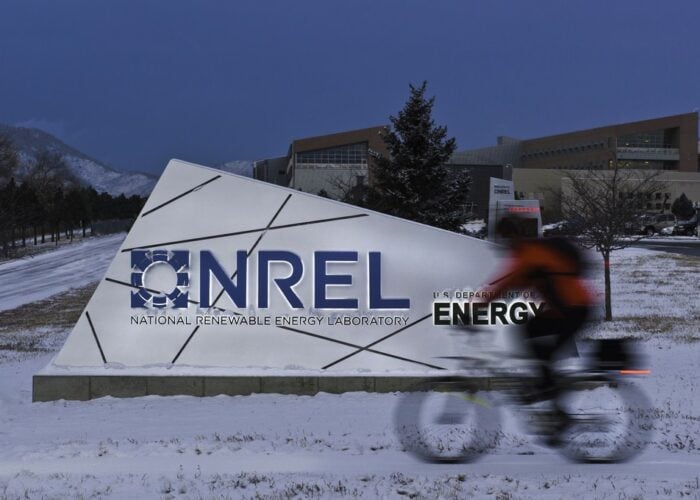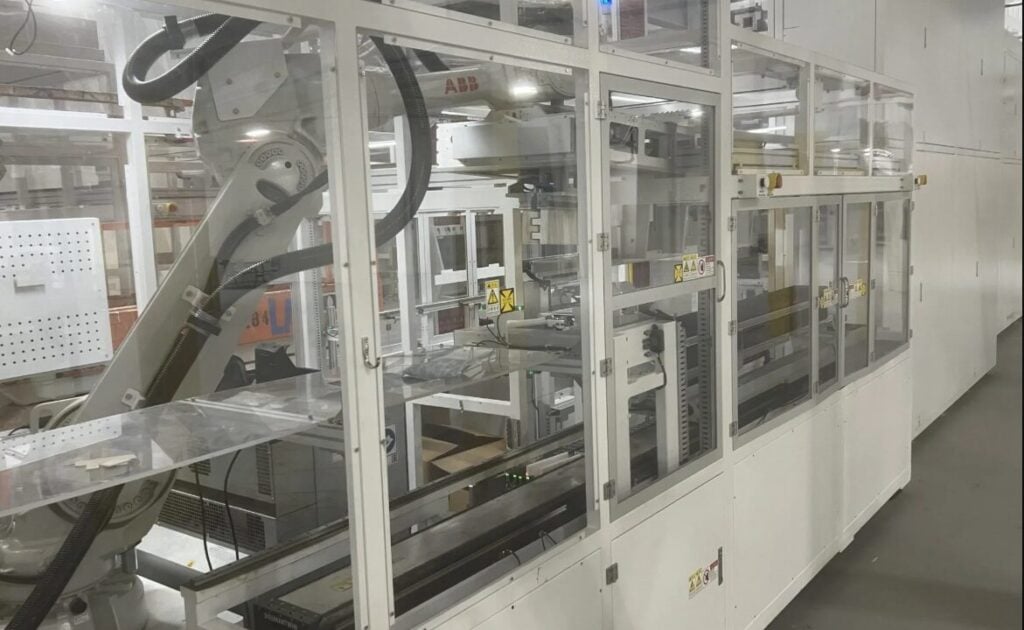
South Carolina-based cell manufacturer ES Foundry has signed a 150MW cell supply deal with what it calls a “leading national community solar developer” in the US.
The agreement, which will last for three years, will see ES Foundry supply cells to an unnamed module manufacturer, which will use them in modules to be delivered to the community solar developer.
Try Premium for just $1
- Full premium access for the first month at only $1
- Converts to an annual rate after 30 days unless cancelled
- Cancel anytime during the trial period
Premium Benefits
- Expert industry analysis and interviews
- Digital access to PV Tech Power journal
- Exclusive event discounts
Or get the full Premium subscription right away
Or continue reading this article for free
“With this agreement, our customer is setting an example for other solar developers to proactively solidify their domestic supply chain strategies,” said ES Foundry VP of sales Ken Johnston. “Developers need certainty, and our commitment is to provide them with a steady supply of high-quality solar cells so they can complete their projects on time and at scale.”
The news follows ES Foundry’s commissioning of a cell manufacturing facility in its home state earlier this year, and the signing of a supply deal with module producer Bila Solar. While many of the world’s cell producers are transitioning to tunnel oxide passivated contact (TOPCon) cells, ES Foundry has committed to the production of passivated emitter rear contact (PERC) cells, and CEO Alex Zhu explained the rationale behind this decision to PV Tech Premium earlier this year.
ES Foundry’s work is part of a years-long push to expand clean energy manufacturing in the US, to reduce reliance on imported materials from overseas, particularly China. While new US module manufacturing capacity has accounted for much of this trend – US PV manufacturing capacity has increased fourfold since the passage of the Inflation Reduction Act (IRA) – US cell manufacturing capacity has not grown at such speed.
Last year, PV Tech head of research Finlay Colville said meaningful new cell manufacturing capacity would be a “pivotal moment” in the US solar sector, and the US started silicon cell production in the third quarter of 2024 for the first time since 2019.
This is also not the only development in the community solar sector. This week, Catalyze announced the receipt of US$85 million in financing to support the development of new community solar projects in the US.
PV Tech publisher Solar Media will be organising the fourth edition of Large Scale Solar USA in Dallas, Texas 29-30 April. After a record year for solar PV additions in the US, the event will dive into the ongoing uncertainties on tariffs, tax credits and trade policies as more domestic manufacturing becomes operational. Other challenges, such as the interconnection queues and permitting, will also be covered in Dallas. More information, including how to attend, can be read here.

